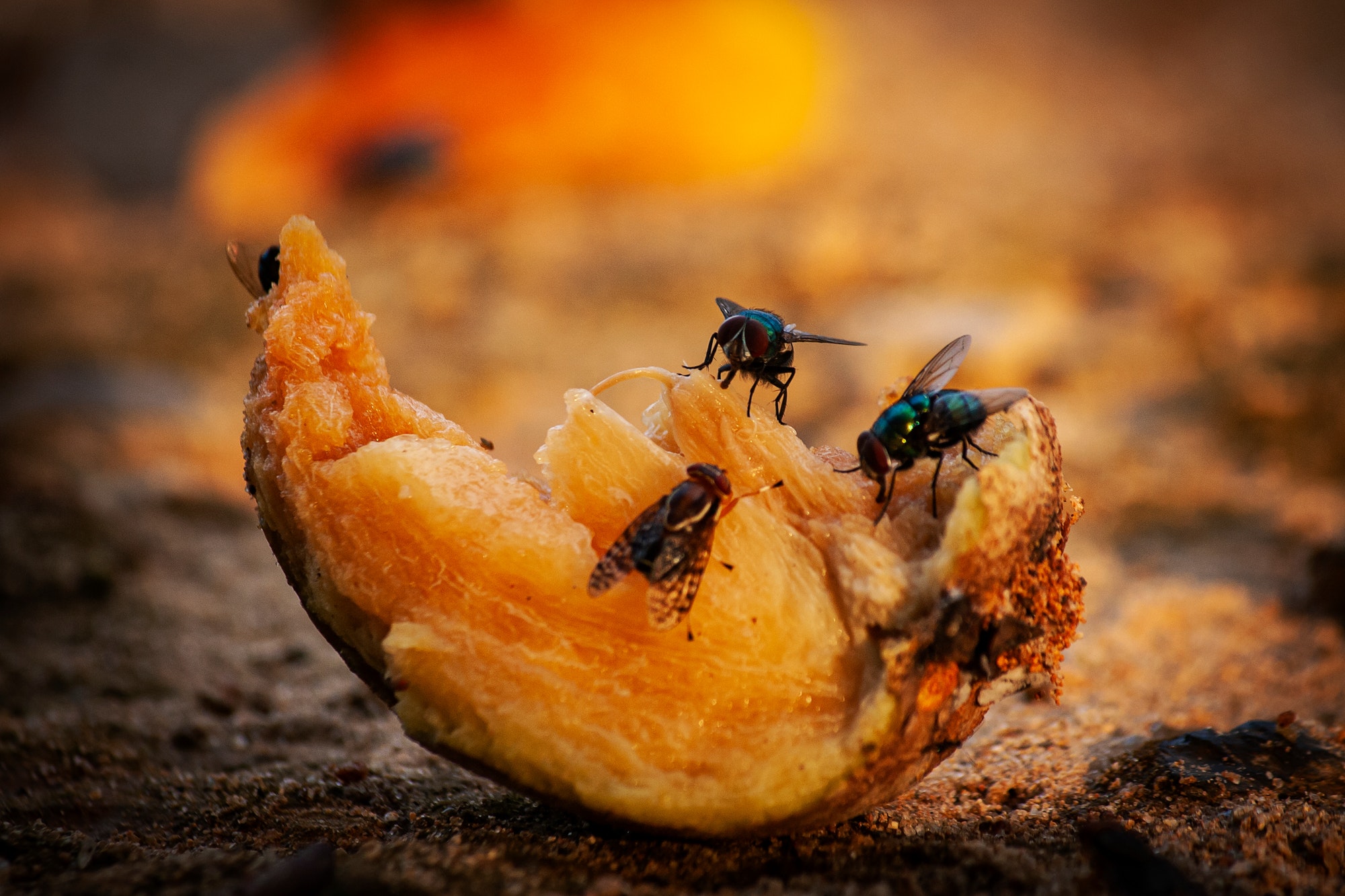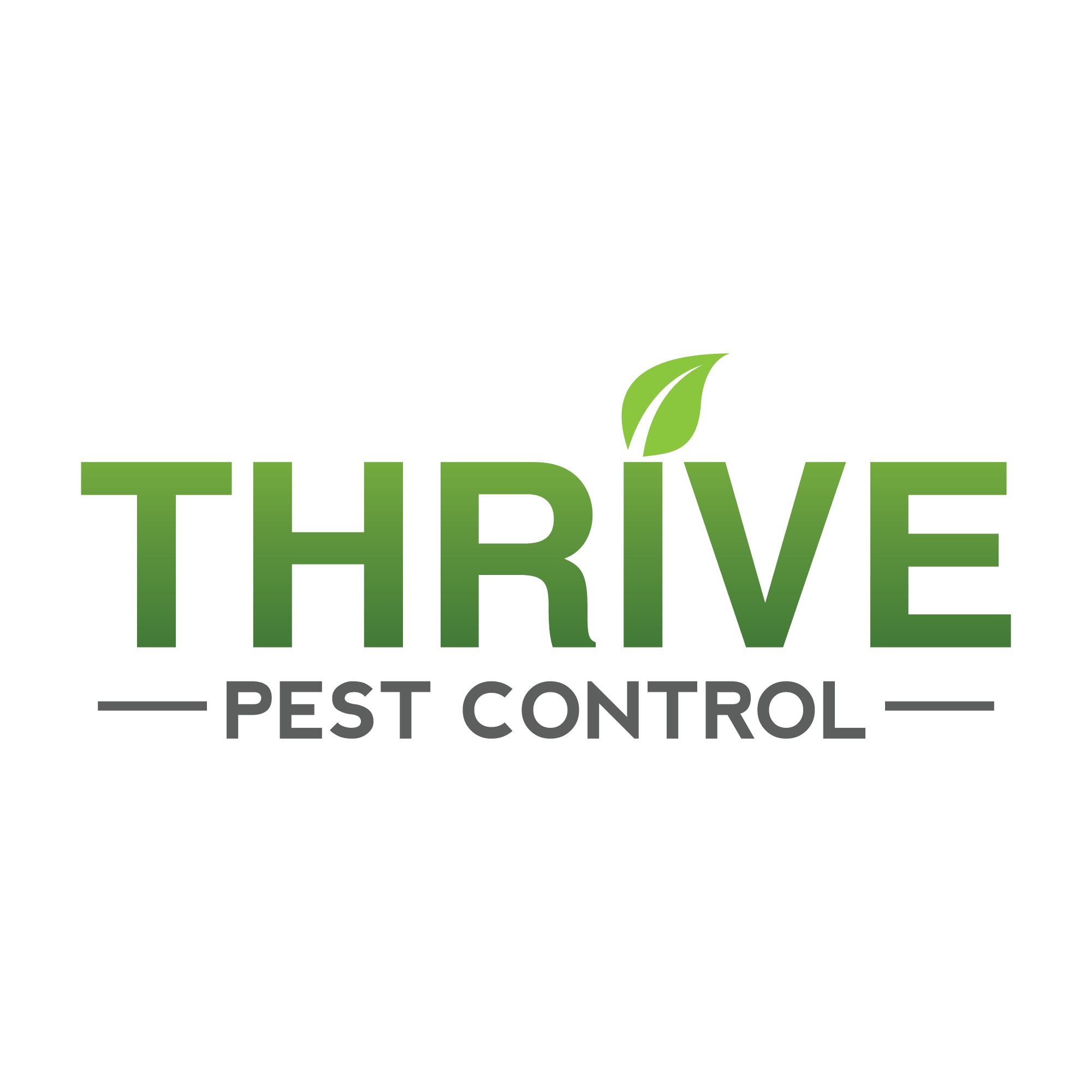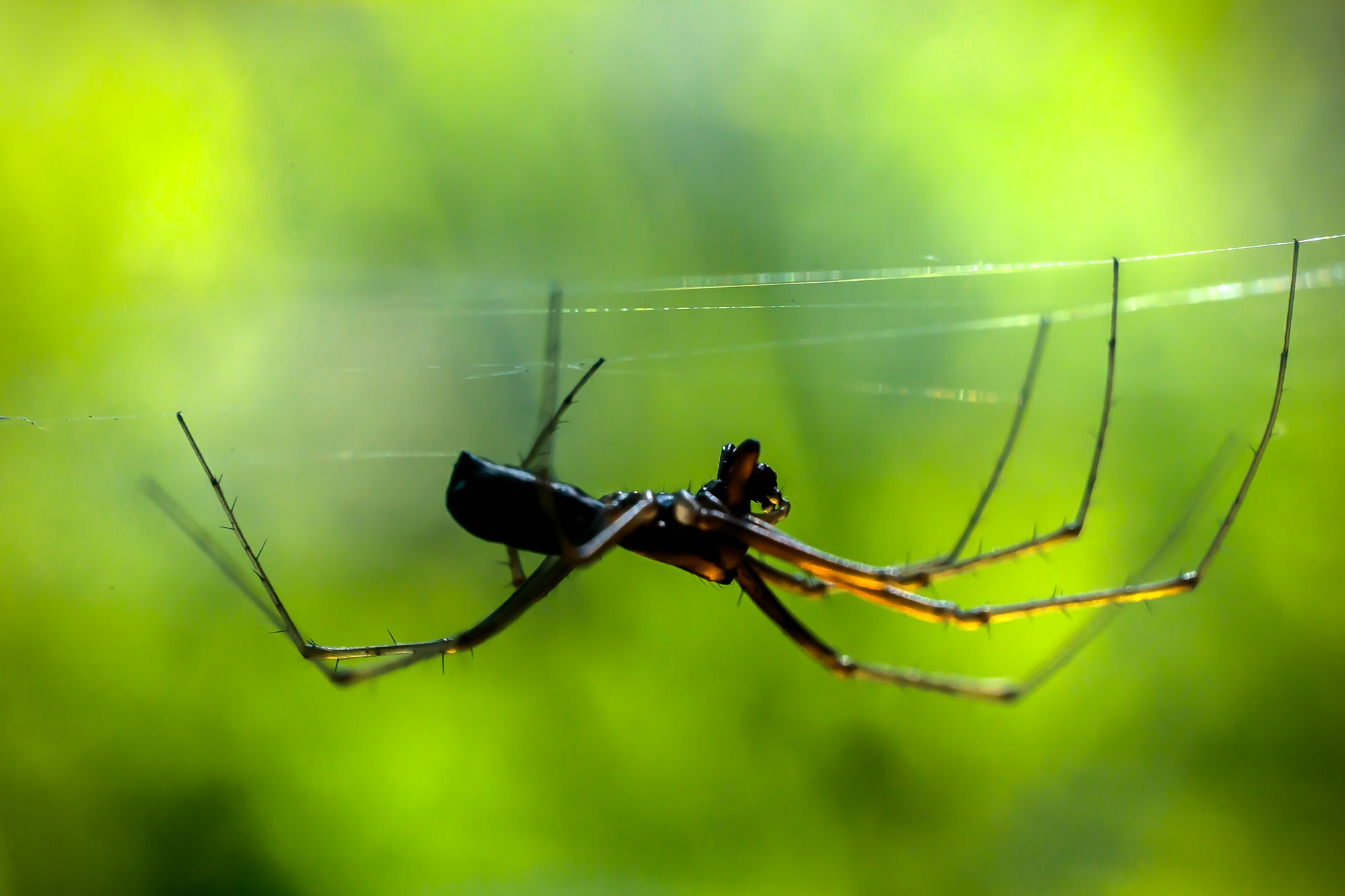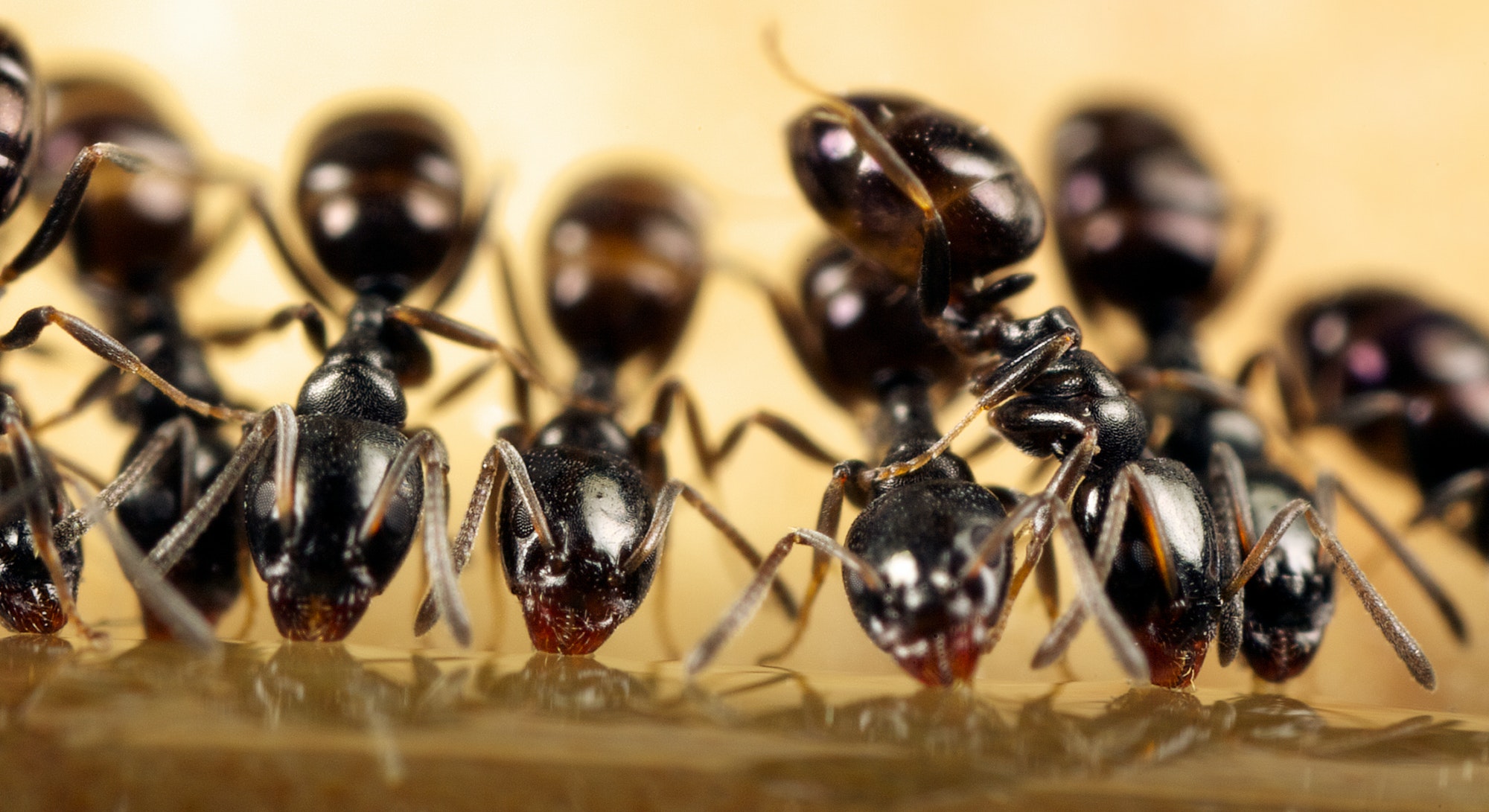Do Flies Really Vomit on Food When They Land?
The common housefly is a very common insect that most people tend to just swat away with the back of their hand when they see one. However, flies are actually more dangerous than one would think. They carry many diseases such as typhoid fever, cholera, dysentery, and many more (B., Asif). These diseases are usually carried from one place to another through the fly’s leg hair, which they then transmit onto anything that they land on (B., Asif).
When we smell something that we might think would taste good we eat a bite of it to try it. When a fly finds something it likes then it will walk over it in order to taste (Hadley). So when a fly lands on your burger or your dog’s poop it is simply tasting it before it decides to eat it (Hadley). Flies do not have mouths that allow them to chew and digest their food as we would. Instead, they have what is called a Labellum (Hadley).
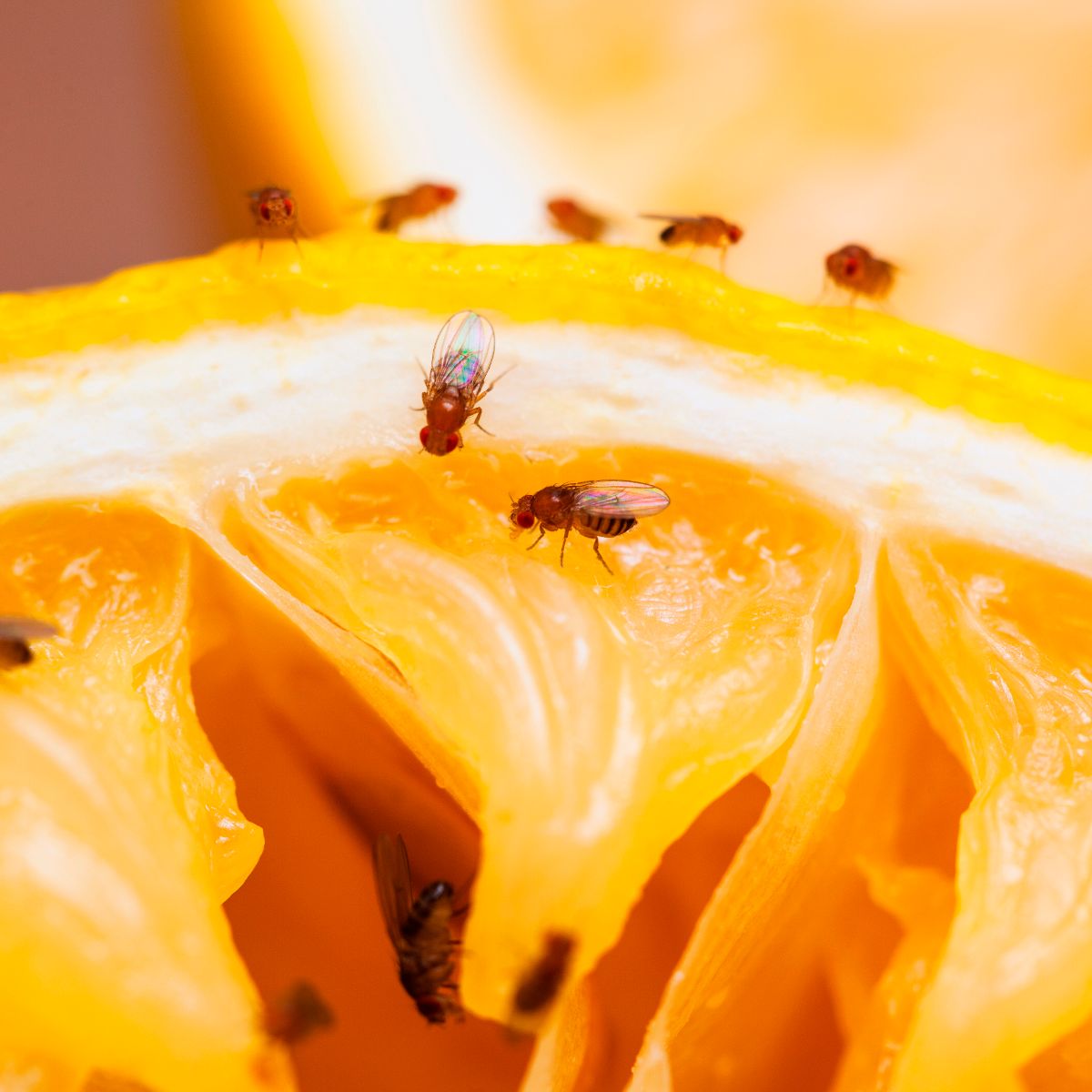
The labellum is essentially a sponge-like tongue that flies use to suck up the liquids they consume rather than using teeth and a jaw like we and other insects do (Hadley). So once a fly has decided that it wants to eat whatever it has tasted then it will stick out its labellum to suck up the liquid (Hadley).
If flies only consume liquids, how do they eat dog poop and human food? Well, flies have the incredible ability to liquefy solid food by vomiting onto it (Hadley). When a fly vomits digestive enzymes come up and cause some of the poop or food to liquify so that the fly can then consume it (Fiorentino). Disgusting right? Flies will most likely vomit every time they land on something, so be very wary of eating anything that a fly has landed on (Fiorentino).
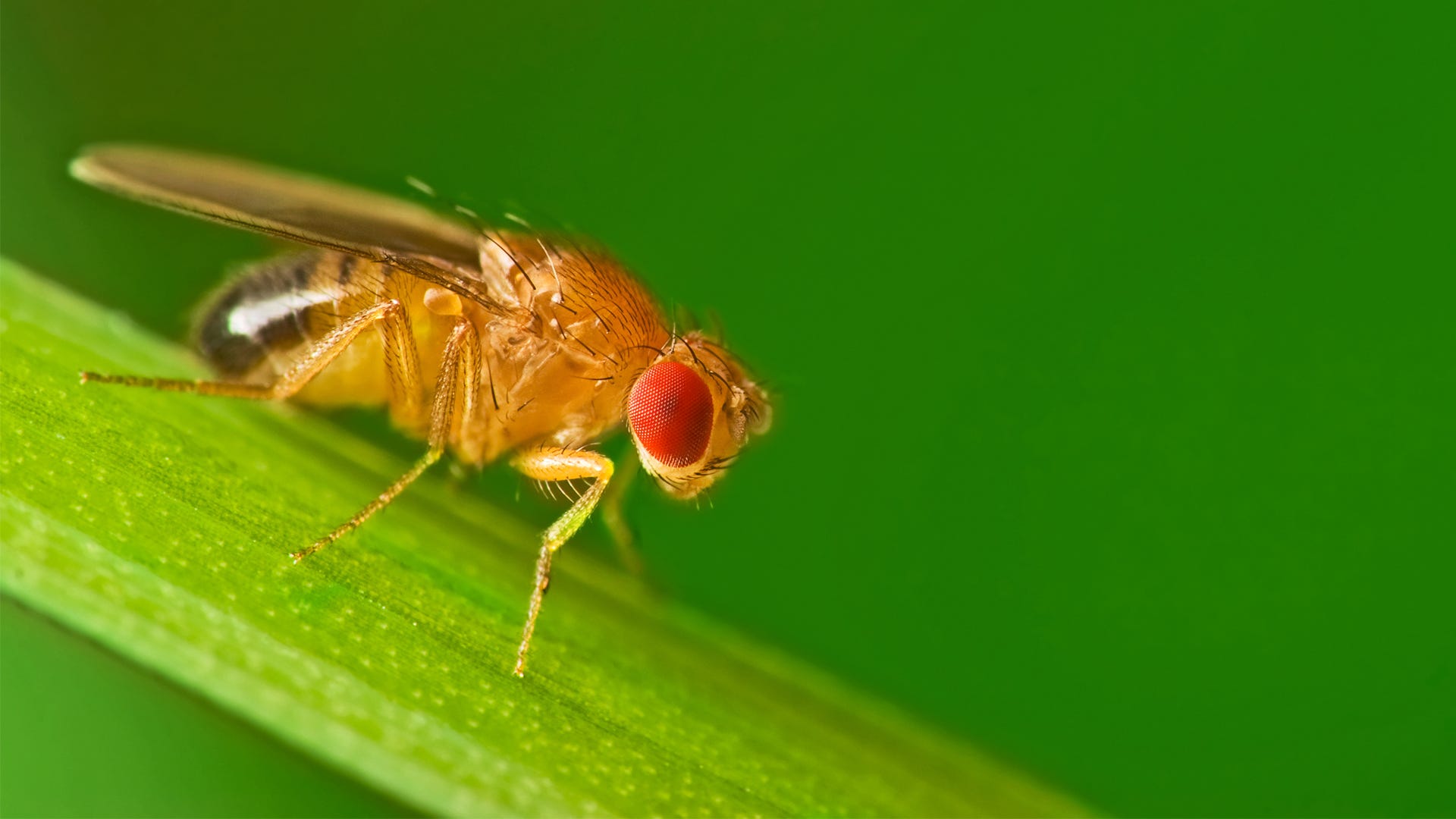
Houseflies have many diseases that they can transmit to us if they happen to land on our food and vomit onto it. However, according to microbiologist Rahel Park, there have “been very few cases, if any, where it has been [conclusively] shown that a disease was actually caused by a microbe introduced by a fly” (Mozes). This means that even though flies carry many diseases around every day, the transmission of those diseases to a human is not very likely. Although it is not likely that you could get a disease from a fly it is still extremely disgusting to know that when it lands on your food it is vomiting so that it can eat it.
Park did state though that in a situation where there is an ongoing pandemic, such as the one we are currently facing, then flies could help spread that disease faster (Mozes). According to The World Health Organization though, so far in our current pandemic flies have not been known to carry the coronavirus (“COVID-19”).
So there is no need to panic every time you see a fly in your house, but be wary of the diseases that it can spread and try to keep these pests outside and away from your food. The best way to keep these pests away is to notice if you are having a huge fly problem and to call an exterminator right away.
Author: Velvet Smith
Western Washington University
Works Cited
- B, Asif. “Anatomy of a Housefly: Lifecycle and Facts.” Solutions Pest & Lawn, 2018, www.solutionsstores.com/knowledge-base/flies/anatomy-of-a-housefly-lifecycle-and-facts
- COVID-19 Mythbusters.” World Health Organization, World Health Organization, 2020, www.who.int/emergencies/diseases/novel-coronavirus-2019/advice-for-public/myth-busters
- Fiorentino, Alyssa. “The Disgusting Reason You Should Never Eat Something a Fly Landed On.” Woman’s Day, Woman’s Day, 25 Apr. 2018
- www.womansday.com/food-recipes/food-drinks/news/a50683/the-disgusting-reason-you-should-never-eat-something-a-fly-landed-on
- Hadley, Debbie. “Should You Worry About Fly Vomit and Poop?” ThoughtCo, www.thoughtco.com/do-flies-vomit-and-poop-when-they-land-1968029
- Mozes, Alan. “Houseflies: Just How Bad Are They for Your Health?” U.S. News & World Report, U.S. News & World Report, 2019
- www.usnews.com/news/health-news/articles/2019-12-06/houseflies-just-how-bad-are-they-for-your-health
